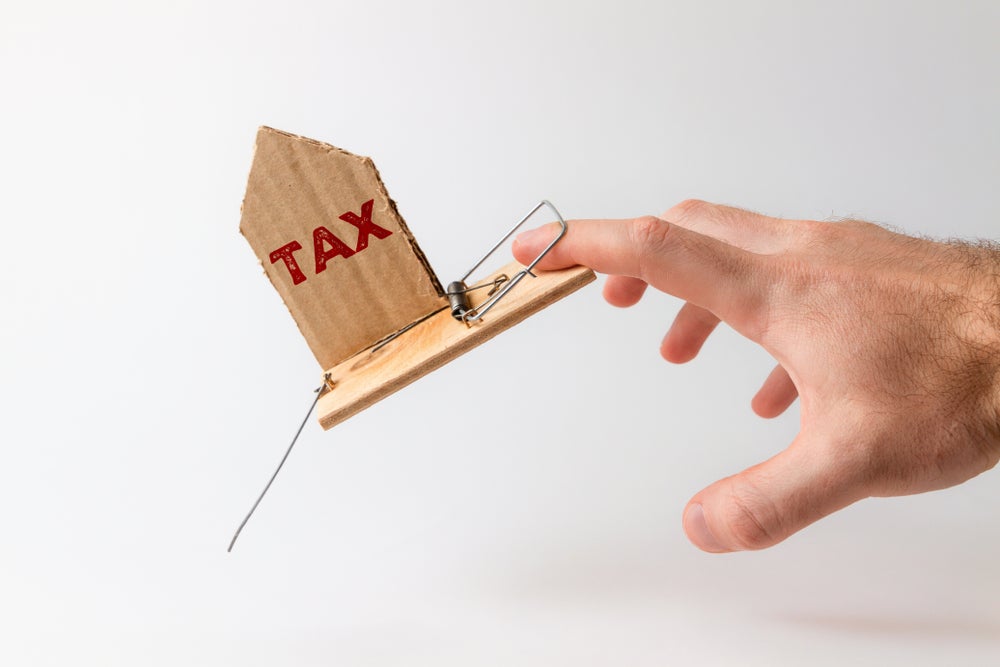European tax laws need to be reformed to end a ‘Happy Meal’ of loopholes for American companies to escape paying taxes Green Party Member of European Parliament Sven Giegold has said, after the European Commission (EC) found McDonalds’ tax arraignments in Luxembourg, which exploit a double-tax loophole, were legal.
The EC has been investigating various individual tax rulings in member states over the past five years over illegal state aid in the form of preferential tax treatment. These covered a number of companies and countries including, for example, Luxembourg’s arrangements with Fiat and the Netherlands arrangement with Starbucks.
It opened a formal investigation into Luxembourg’s tax treatment into McDonalds’ at the end of 2015, with a preliminary view that a tax ruling granted by Luxembourg in 2009 may have given McDonald's advantageous tax treatment in breach of EU State aid rules.
The case revolved around differing interpretations of the definition of a permanent establishment so far as it concerned the US fast food giant’s European subsidiary, McDonald's Europe Franchising (McEF). McEF is a taxable resident in Luxemburg, but has two branches in the US and in Switzerland.
McEF’s US branch is not classed as a permanent establishment according to US tax laws, but is under Luxemburg tax laws. As a result, in 2009, Luxemburg tax authorities agreed with McEF that it did not need to pay corporate tax in Luxemburg as a result of the US-Luxemburg Double Taxation Treaty, and that it did not need to prove it was paying these taxes in the US.
Now the EC has ruled: “Luxembourg's tax treatment of McDonald's Europe Franchising does not violate the Double Taxation Treaty with the United States. On that basis the tax rulings granted to McDonald's do not infringe EU State aid rules.”
How well do you really know your competitors?
Access the most comprehensive Company Profiles on the market, powered by GlobalData. Save hours of research. Gain competitive edge.

Thank you!
Your download email will arrive shortly
Not ready to buy yet? Download a free sample
We are confident about the unique quality of our Company Profiles. However, we want you to make the most beneficial decision for your business, so we offer a free sample that you can download by submitting the below form
By GlobalDataWhile it ruled the treatment did not break aid rules, it also noted the interpretation the Luxembourg authorities agreed on effectively resulted in a double non-taxation of some McDonald’s royalties.
Commissioner Margrethe Vestager, in charge of competition policy, said: "The Commission investigated under EU State aid rules whether the double non-taxation of certain McDonald's profits was the result of Luxembourg misapplying its national laws and the Luxembourg-US Double Taxation Treaty, in favour of McDonald's. EU State aid rules prevent Member States from giving unfair advantages only to selected companies, including through illegal tax benefits. However, our in-depth investigation has shown that the reason for double non-taxation in this case is a mismatch between Luxembourg and US tax laws, and not a special treatment by Luxembourg. Therefore, Luxembourg did not break EU State aid rules.”
Giegold wrote on his website that this proved current EU tax rules needed updating. He wrote: “Luxembourg and other EU countries are serving McDonald´s a happy meal with tax loopholes, and taxpayers must pay the bill.
“Luxembourg and other Member States must adapt their double taxation agreements. The triple non-taxation of profits due to an inadequate definition of permanent establishment must come to an end.”
According to the EC: “The Luxembourg government presented on 19 June 2018 draft legislation to amend the tax code to bring the relevant provision into line with the OECD's Base Erosion and Profit Shifting project and to avoid similar cases of double non-taxation in the future. This is currently being discussed by the Luxembourg Parliament.”





